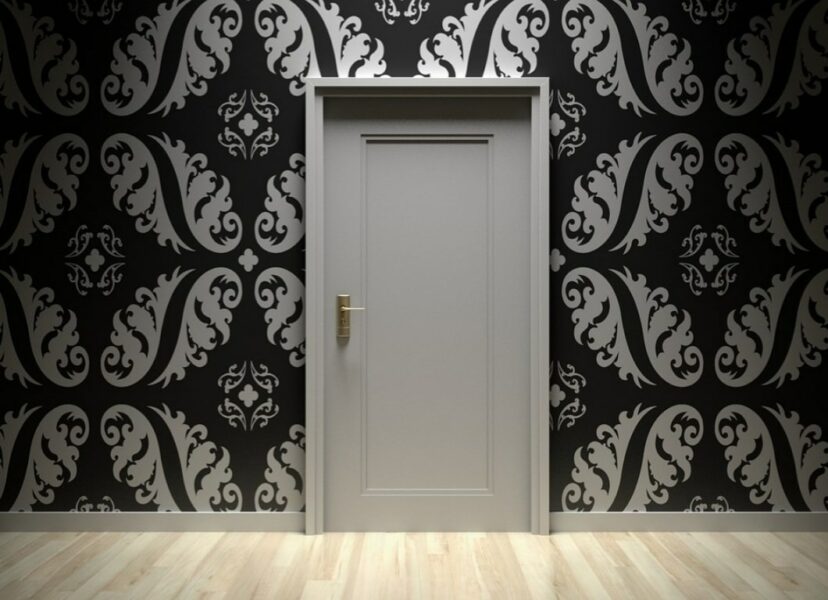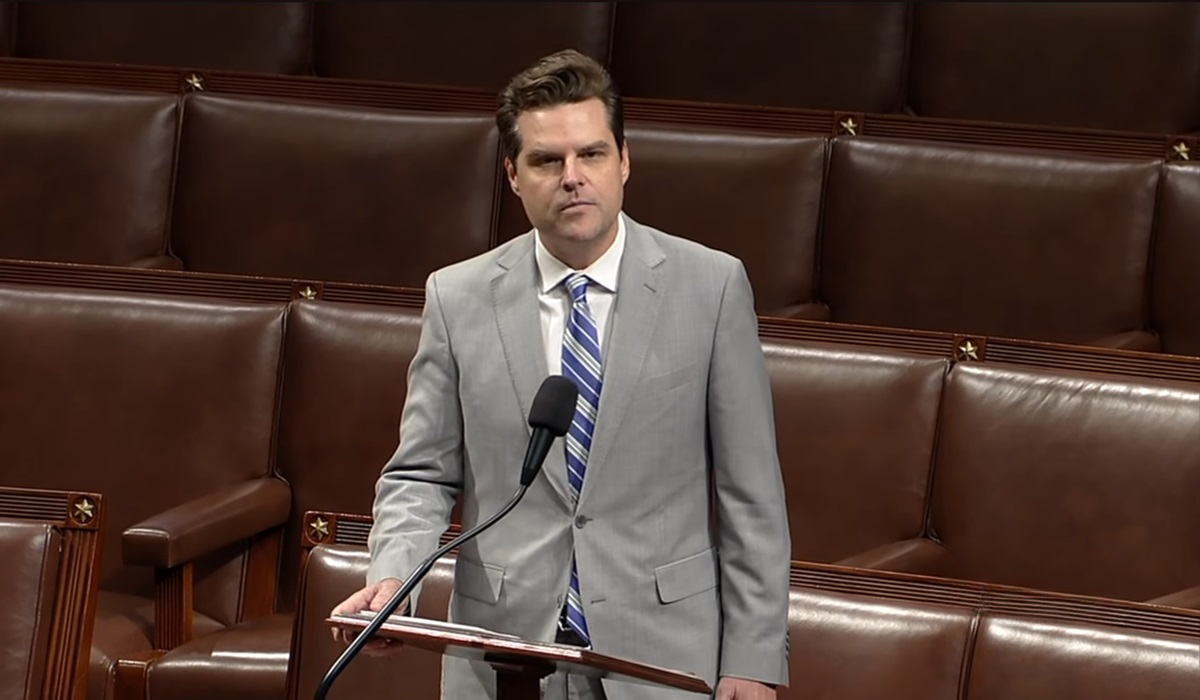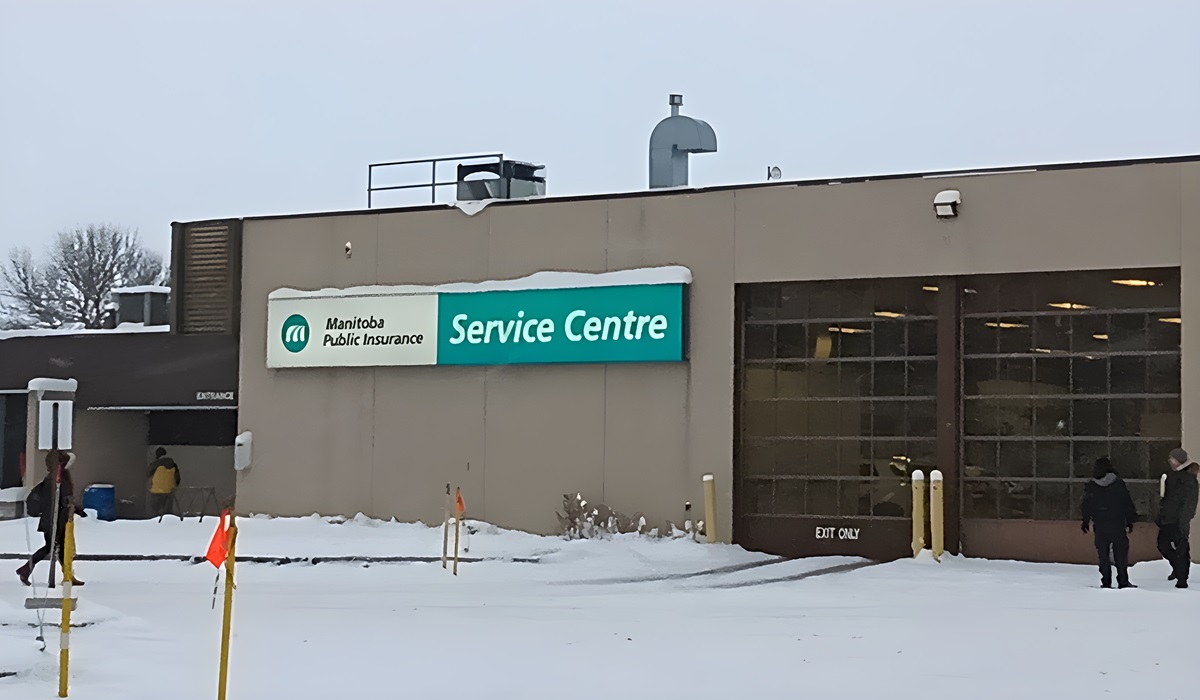Why Do Politicians Behave Differently in Public and Behind Closed Doors?
- TDS News
- Breaking News
- April 10, 2023

The world of politics is an interesting one, full of intrigue, power struggles, and behind-the-scenes negotiations. Politicians are often portrayed as being at war with each other, with parties and ideologies clashing in public debates and televised speeches. However, the reality is often quite different. Behind closed doors, politicians have amicable working relationships, and the biggest deals are made in secret, away from the prying eyes of the public.
Contrary to what the media and party leaders may have us believe, politicians are not always at each other’s throats. In fact, they often work together behind the scenes to achieve common goals. The public perception of politicians as constantly bickering and arguing is largely a result of the way that politics is portrayed in the media. The media often focuses on sensational stories and conflict, which can make it seem like politicians are constantly at war with each other.
One of the main reasons that politicians act differently behind closed doors than they do in front of the camera is that they have different audiences. When politicians are speaking in public or appearing on television, they are often speaking to their supporters or trying to win over undecided voters. They may use rhetoric and grandstanding to appeal to their base or make themselves appear more powerful or influential than they actually are.
However, when politicians are behind closed doors, they are often speaking to each other or negotiating with their opponents. In these situations, there is less of a need for grandstanding or posturing, and more of a focus on finding common ground and working together to achieve shared goals. Politicians may be more willing to compromise or make concessions when negotiating with each other than they would be when speaking in public.
Of course, this does not mean that all politicians are best friends behind closed doors. There are certainly some politicians who have genuine disdain for their opponents, and even some who dislike members of their own party. However, even in these cases, politicians often recognize the need to work together to achieve common goals, and are willing to put aside their personal feelings in order to do so.
So why do politicians contribute to the narrative that government does not work? One reason is that it can be politically advantageous to do so. By portraying the government as dysfunctional and ineffective, politicians can position themselves as outsiders or reformers who are needed to fix the system. This can be particularly effective in times of economic or political turmoil, when people may be looking for a change.
Another reason is that it can be difficult for politicians to be completely honest with the public. There are many factors that can influence political decisions, including pressure from lobbyists, interest groups, and other politicians. In some cases, politicians may be forced to make compromises or concessions in order to achieve their goals. If they were completely honest about these compromises, it could undermine their support among their base or the broader public.
However, the fact that politicians act differently behind closed doors than they do in public does not mean that they are being deceitful or dishonest. Rather, it is a reflection of the fact that politics is a complex and nuanced field, and that there are often many competing interests and factors at play. Politicians may need to balance the needs of their constituents, the desires of their party, and the demands of other politicians and interest groups, all while trying to achieve their own goals and ambitions.
It is important for society to take an objective look at politicians and their actions. While it may be easy to be hyper-critical of politicians and their opponents, the reality is often much more complex than it appears. Behind closed doors, politicians may be working together to achieve shared goals, even if they appear to be at each other’s throats in public. By taking a more nuanced and objective approach to politics, we can better understand the motivations and actions of our elected officials.








